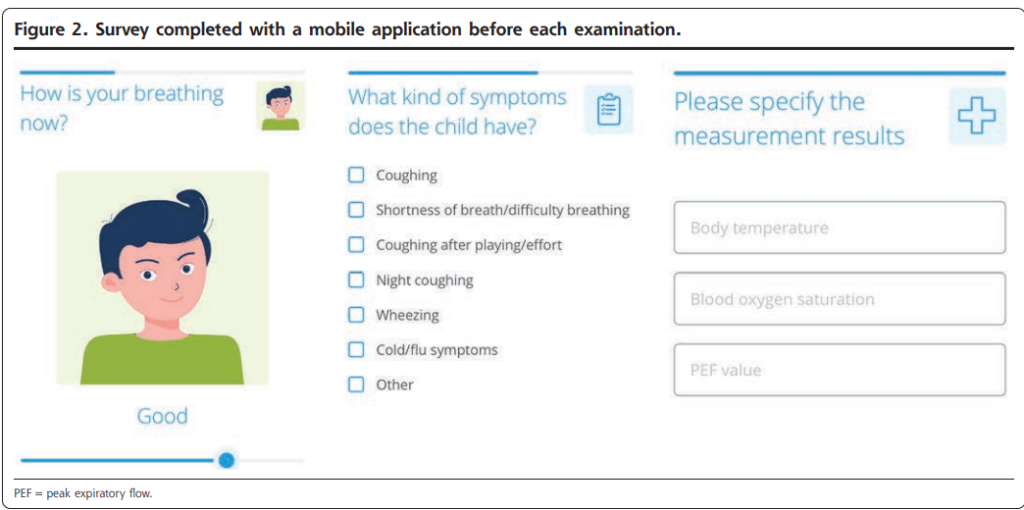
The Asthma Challenge
The chronic disease known as asthma, which is characterised by inflammation of the airways, affects between 10 and 12 percent of children around the world and a sizeable percentage of adults. It is the ailment that affects children the most frequently and is a big contributor to the burden of health problems all around the world. In order to alleviate the enormous physical and financial burden that asthma exacerbations impose, it is essential to diagnose the condition at an early stage and to manage it effectively.
The Role of Artificial Intelligence in Asthma Management
The use of artificial intelligence (AI) in healthcare has been a topic of interest for the past few years as this could be utilised to manage or prevent several diseases. Research on the AI-assisted home stethoscope, StethoMe, reveals its potential for detecting and monitoring asthma, particularly in children. This device can identify pathological auscultatory phenomena. It also measures parameters like heart rate, respiratory rate, and the ratio of inspiration-to-expiration duration.
AI-aided Stethoscope: A Game Changer in Asthma Monitoring
The study found that the parameters provided by the AI-aided stethoscope alone were highly efficient in identifying asthma exacerbation in children. This indicates that AI-aided stethoscopes can facilitate the detection of exacerbations with high effectiveness. Even in children younger than five years of age. This is a significant advancement as asthma management in children is challenging due to the limitations of conducting standard physiologic tests.

The Future of AI in Asthma Management
The use of AI-aided stethoscopes in asthma management aligns with the shift towards value-based healthcare. AI-aided stethoscopes are a useful tool that can optimise and improve patient-doctor collaboration using telemedicine solutions. They also have the potential to improve asthma-related health outcomes, increase access to care, and offer cost-effectiveness. The study indicates that home stethoscopes, aided by AI, could simplify asthma diagnosis. They could monitor a wider range of parameters and significantly ease the process of asthma monitoring.
